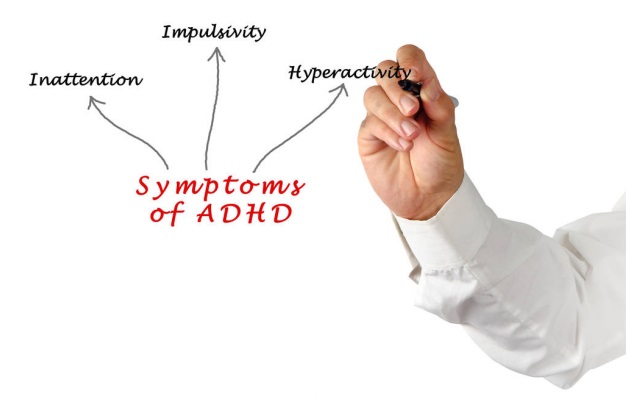Introduction: Understanding Adult ADHD in Singapore
Adult Attention Deficit Hyperactivity Disorder (ADHD) is a chronic neurological condition that affects countless individuals in various parts of the world, including Singapore. It presents challenges related to concentration, impulsivity, and hyperactivity. Adults dealing with ADHD often find it arduous to maintain organization and focus on tasks, impacting their daily lives significantly. Moreover, this condition places them at a higher risk of developing anxiety, depression, and other mental health issues. However, with the right diagnosis and treatment, individuals with adult ADHD in Singapore can effectively manage their symptoms and lead successful lives.
Causes of Adult ADHD: Exploring Genetics and Environmental Factors
Adult Attention Deficit Hyperactivity Disorder (ADHD) is a neurological condition not limited to childhood; it can persist into adulthood, affecting individuals in Singapore and elsewhere. The precise cause of adult ADHD Singapore remains an ongoing area of research, but scientists have put forth several theories that attribute it to genetics and environmental factors.
Genetics: Research has suggested that genetics may play a significant role in the development of adult ADHD. Changes in certain genes related to neurotransmitter production and interaction in the brain could contribute to the condition. Furthermore, there appears to be a hereditary link, as individuals with a close relative diagnosed with ADHD have a higher likelihood of developing it as well.
Environmental Factors: Environmental influences may also contribute to the development of adult ADHD. For instance, substance abuse during pregnancy could expose babies to toxins that affect neurological development. Additionally, early childhood trauma may lead to emotional difficulties that manifest as behavioural problems later in life.

Diagnosis of Adult ADHD: The Importance of Accurate Assessment
ADHD, whether in children or adults, is a mental disorder that significantly impacts daily life. In Singapore, identifying and treating adult ADHD is crucial for enhanced well-being. Although symptoms in adults may differ from those in children, they can still have a profound negative effect.
An accurate diagnosis from a qualified professional is the essential first step in identifying and managing adult ADHD. Gathering a comprehensive medical history, including childhood development, lifestyle habits, co-occurring conditions, and family mental health history, aids in understanding symptom evolution and potential contributing factors.
Treatment Options for Adult ADHD: Medications, Behavioral Strategies, and Therapies
Managing Adult Attention Deficit Hyperactivity Disorder (ADHD) in Singapore requires a multi-faceted approach involving various treatment options.
Medications: The most commonly prescribed medications for adult ADHD include stimulants such as methylphenidate (Ritalin) and amphetamines (Adderall), as well as non-stimulants like atomoxetine (Strattera). These medications work by increasing dopamine levels in the brain, which enhances focus and concentration. Alongside behavioural strategies, medication can yield the best results.
Behavioural Strategies and Therapies: Behavioral approaches, such as Cognitive Behavioral Therapy (CBT), play a pivotal role in managing adult ADHD symptoms. CBT helps individuals identify thoughts and behaviours contributing to attention and organizational difficulties. Additionally, it equips them with essential skills like time management, goal setting, and problem-solving.
Managing Adult ADHD in the Workplace: Supporting Productivity
With the growing recognition of Adult Attention Deficit Hyperactivity Disorder (ADHD) in Singapore, employers need to adopt strategies to support affected individuals in the workplace.
Understanding the unique challenges faced by adults with ADHD is crucial. Difficulties with organization, time management, and focus can hinder productivity. High levels of stress and anxiety are also common, further affecting task completion.
To ensure workplace success, employers should consider accommodations tailored to each individual’s needs. This might involve providing a quiet workspace, offering flexible schedules, encouraging support from co-workers, setting clear expectations and deadlines, and fostering open communication.
Conclusion: Navigating Life with Adult ADHD in Singapore
In conclusion, Adult ADHD is a real and impactful neurological disorder that affects individuals in Singapore and worldwide. While a complete cure remains elusive, there are numerous treatments available that can alleviate symptoms and improve quality of life. Seeking a proper diagnosis and exploring various treatment options is crucial for adults with ADHD to effectively manage their condition and lead fulfilling lives in Singapore. If you suspect you or someone you know may have adult ADHD, seeking professional guidance is the first step towards a better future.
